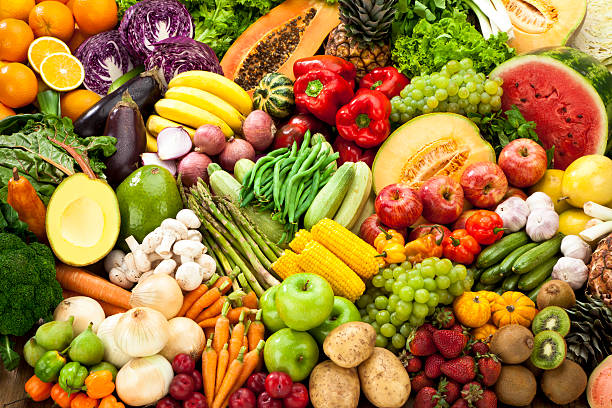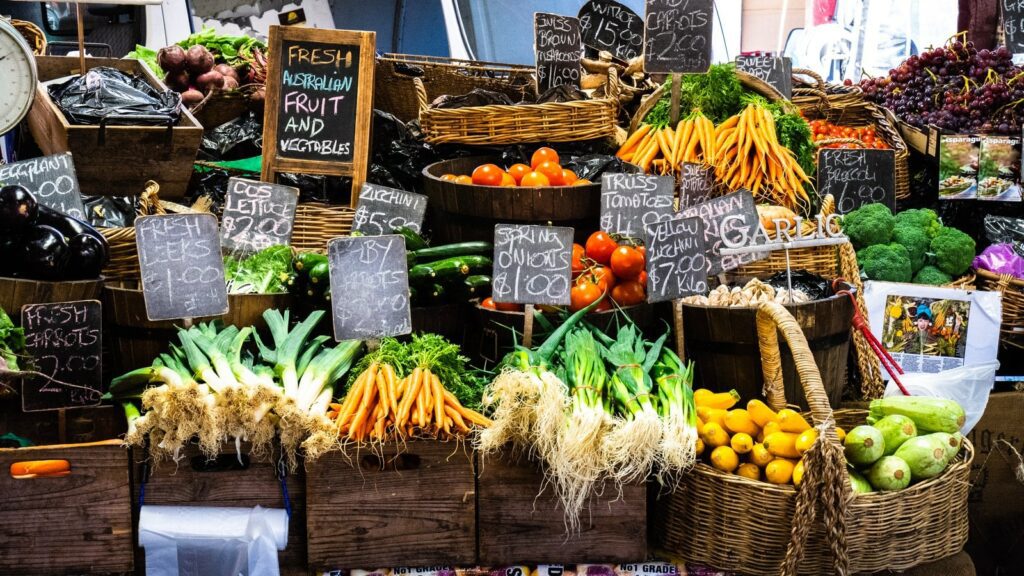Water is the most important chemical component of your body, accounting for roughly 60% of your body weight. Water is essential to every system in your body. For example, water controls body temperatures, removes toxins, transports nutrients and oxygen to cells, and keeps bodily tissues and joints moist.
Water and electrolyte balance is essential for the proper functioning of all physiological systems. Water serves as a medium for metabolic activities within cell tissues and is vital for maintaining proper blood volume and the circulatory system’s integrity.

According to the Institute of Medicine, dietary sources account for 20% of your water intake. Many vegetables and fruit, such as broccoli, watermelon, and tomatoes, have a water content of 90% or higher by weight.
Athletes must be properly fueled and hydrated before engaging in an exercise or competition. During exercise, the body’s temperature rises, and it sweats. As a result, your body loses electrolytes and water. Dehydration can decrease blood volume, which reduces the body’s ability to transport heat and compels the heart to beat quicker, making it difficult to satisfy aerobic demands.
Individuals can sweat up to 2.5 liters of water every hour while in activity, especially in hot weather. Therefore, it is important to avoid dehydration. Try to match fluid consumption with sweat loss at all times. This can be quite difficult, especially if you use thirst as your guide.
Unfortunately, thirst is frequently detected too late. Individuals may not experience thirst until they have lost about 3 pounds of body/water weight.
Water is present in almost all foods. Natural, whole foods have the most water. Fruits and vegetables are composed of 80 to 98 percent water. One of the easiest ways to boost your hydration is to eat dense vegetables like tomatoes, cucumbers, beets, carrots, jicama, or celery with a meal or snack.
Electrolytes
Electrolytes areelectrically charged minerals that function in muscle contraction and other physiological processes. The right balance of electrolytes in the body is essential for normal physiological function. However, when the amount of water in your body varies, electrolyte imbalances occurs.
Hydrating potassium foods
In body cells, potassium is the most abundant positively charged electrolyte. The movement of potassium and sodium into and out of cells ensures that the heart, brain, kidneys, and skeletal muscles continue to operate normally. In addition, potassium is necessary for muscle contraction and cardiac rhythm.
Because most potassium in the body is kept within cells, modest variations in potassium content in the bloodstream can have substantial health repercussions.
Cantaloupe has 29 calories and is composed of 89 percent water. Water is a great fruit for energy production via efficient carbohydrate metabolism and maintaining blood sugar stability.
Strawberries have 23 calories and are approximately 92 percent water. Strawberries are the fourth-most antioxidant-dense fruit. Strawberries include polyphenols, which help to regulate blood sugar levels in athletes.
Hydrating sodium foods
Sodium is a mineral that is essential for regular bodily activities. It is lost through sweat and urine and restored by nutrition. The body has an amazing ability to keep salt and water balance under a variety of settings.
During the activity, especially in hot weather, more salt is lost in sweat each hour than meals or even sports beverages can be supplied. The body can tolerate a small degree of imbalance, but only for a short time. Therefore, hydrating with sodium-rich foods like celery can effectively supplement a diet.
Celery is regarded as a high-electrolyte meal. After vigorous activity, two to three mineral-rich stalks of celery can replace an athlete’s sodium, potassium, calcium, magnesium, iron, phosphorus, and zinc levels.
Hydrating magnesium foods
Magnesium is a necessary mineral that serves as a cofactor for over 300 enzyme systems, including regulating glucose metabolism. Magnesium plays a significant independent role in lowering blood pressure and avoiding heart attacks. Broccoli is the most hydrating magnesium-rich food.
Broccoli is a type of cruciferous vegetable. It is 90% water and contains several anti-inflammatory health-supporting chemicals.
Fruits and vegetables with a high water content

To stay hydrated, drink eight to ten glasses of clear fluids per day and eat one to two juicy fruits and vegetables per meal. The foods in this list are the most hydrating. Water-rich fruits and vegetables serve as an “all-in-one” meal and beverage, supplying important minerals, amino acids, natural sugars, and vitamins that are all lost during activity.
High-water-content fruits and vegetables include:
- Lettuce 96% water
- Cucumbers 96% water
- Celery 95% water
- Tomatoes 95% water
- Zucchini 94% water
- Spinach 93% water
- Bell peppers 92% water
- Mushrooms 92% water
- Watermelon 92% water
- Melons 91% water
- Strawberries 91% water
- Broccoli 90% water
- Cantaloupe 90% water
- Pineapple 86% water
- Peaches 89%
- Oranges 86% water
- Apples 85% water
- Blueberry 84% water
You can enjoy all the benefits of fresh fruits and vegetables simply by eating them raw, but here are some further suggestions:
- Make a fruit salad with a mix of fresh or frozen chopped fruit
- Add a twist to your fruit salad with balsamic vinegar, lime juice, or some fresh herbs like basil or mint
- Make fruit kebabs using fresh-cut mixed fruit
- Grill almost any vegetable or fruit, such as peaches or pineapple.
- Blend mango, banana, pineapple, and spinach to make a tropical green smoothie
- Instead of chips, use sliced carrots, cucumber, or bell peppers for dips or salsas.
- Make a delightful summer salad with fresh berries or peaches on top.
- Substitute grated or finely chopped cauliflower for rice
- Puree frozen bananas to make a simple “ice cream.”
Is it possible to get all of your water from food?
“The water we get from meals accounts for less than 20% of our total water intake. So even if your diet is particularly high in fruits, veggies, and soups, you will most likely never exceed 30 to 40% of your overall water intake.
As a result, the answer is no. It is nearly impossible to stay hydrated if you rely solely on water from solid foods. As a result, this is a major myth.” University of Arkansas Professor Kavouras
The bottom line
Staying hydrated is important to your overall health.
To meet your hydration demands, health experts commonly recommend drinking several glasses of water per day to meet your hydration demands, but the water content of foods is sometimes disregarded.
While drinking water is vital, you may get it by eating water-rich vegetables, fruits, and dairy products.
This is why most people do not need to drink a lot of water.
You won’t have any trouble remaining hydrated if you eat plenty of water-rich meals and drink water when you’re thirsty.

Jay
Jay is a health and wellness enthusiast with expertise in water quality and nutrition. As a knowledgeable advocate for holistic well-being, Jay successfully manages Type 2 Diabetes through informed lifestyle choices. Committed to sharing reliable and authoritative insights, Jay combines firsthand experience with a passion for enhancing health."
